“I am a product of different cultures that exist side by side”: An interview with Beru Tessama on House of Ife
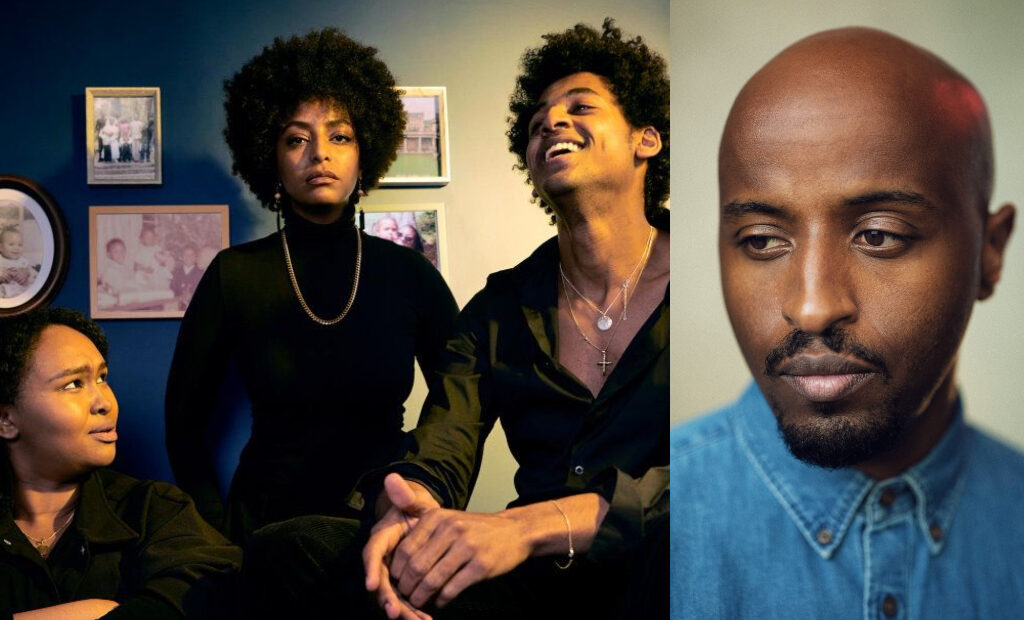
House of Ife’s world premiere will be the first production in Bush Theatre’s 50th Birthday season. Telling the story of a family coping with the tragic death of one of their own, Beru Tessama’s play explores cultural aspects of Ethiopia alongside life in London. The production boasts a cast of up-and-coming talent, including Yohanna Ephrem (The Rook, Surge) and Karla-Simone Spence (Gold Digger, Blue Story), alongside veteran actor Jude Akuwudike (Eyimofe, The Little Mermaid); it delves into the nuances of immigration and the intergenerational conflict that comes with it.
Tessama is an Ethiopian-British playwright whose credits include co-writing Barley Fields on the Other Side of the Mountain with director Tian Tsering, as well as being part of the BBC’s Drama Room in 2021. Born in Ethiopia and raised in London, he combines both sides of himself in his writing, exploring stories often untold. His work on House of Ife dives into the sensation of belonging, whether in a community or in the family. He is currently working on a feature film, Angell Town. The Upcoming caught up with him ahead of the House of Ife‘s opening night to discuss its creation and how the different parts of himself breathe life into his writing.
What catalysed the moment you first started working on House of Ife?
I was lucky enough to be part of the Emerging Writers group at the Bush. Being on this programme meant that six selected participants had to write a piece at least 20 minutes in length. A few weeks into the programme, we had to pitch three ideas to Dee O’Halloran (literary manager) and Daniel Bailey (associate artistic director). House of Ife was the last idea I pitched to them, since it was the least developed idea – but this was the one they were most interested in. The starting point for the idea has always been – for me – ways in which immigration can create distances within families. In this play, I wanted to explore themes of fatherhood and the illusions that this particular family holds onto as a way of dealing with the consequence of immigration.
Did you have any particular film or literary inspirations in the writing of this drama?
My biggest literary inspiration is Antigone by Sophocles. Like Aida in House of Ife, Antigone wants to honour her brother and give him the proper burial. I was inspired by this character and her drive to find justice within her family for her brother. I was also inspired by All My Sons in terms of scale and structure – finding the epic within the family drama.
You were born in Ethiopia, raised in London. Are there aspects of these two worlds that you feel are similar? Do you think House of Ife conveys similarities?
In my memories of Ethiopia, it is a very different world to that of London. The similarities are hard to identify as it is so culturally different. The characters in the play are all concerned with how different Ethiopia is to London; they idealise Ethiopia. The main distinction is about longing for a connection that they don’t feel in London.
Do you ever find it challenging balancing the very different landscapes of your life in London and the cultural aspects of Ethiopia in your work?
It’s not really a struggle; it is more a gift to be able to draw on the cultural aspects of Ethiopia in my writing. My writing is very much rooted in the fact that I am a Londoner. But like many Londoners, I am a product of different cultures that exist side by side. It is the same in my work: one culture enriches and informs the other.
How involved were you in the casting of the actors, and do you think the right people landed the right roles?
I have been very lucky to be working with the director, Lynette Linton, who is very sensitive to what the play is and who the characters are. Therefore, I was very much involved in the casting process, and I am amazed at how brilliant the actors in the cast are. With the help of the casting agent Heather Basten, we found incredible actors who were absolutely right for the roles.
You were in the BBC’s Drama Room last year – did the experience or the people you met there help shape the writing of House of Ife?
Being a part of Drama Room last year helped me to think in my depth about story structure. We were given workshops by people like John Yorke, who has such an insightful approach to story and structure. I was also working closely with my script editor, Josie Burk, while at the writer’s room. She taught me a lot about character and structure.
You co-wrote Barley Fields on the Other Side of the Mountain with Tian Tsering. How does your experience of co-writing compare with being the sole writer for a project?
Obviously, the big difference with being the sole writer on a project is that it is very much your voice on the page. When you have a co-writer (often the case in the world of film and TV) there are two voices on the page, which can complement each other. Tian was the director of Barley Fields on the Other Side, so he had a very clear idea of what the film and the story was. As a co-writer, I was able to help him bring the scenes and characters to life.
How transformative is film, in terms of your writing, as opposed to theatre?
The live nature of theatre has an immediacy; it can be a very transformative experience. Theatre is also a literary form – it is about words and language. With film, one has to write in images, and it is not a literary form – it is a visual medium. The fusion of cinematography, story and acting can be equally as transformative as theatre is.
You’re currently developing other film projects – aside from film and theatre, what other creative mediums would you like to venture into?
I would love to venture into writing a TV series. The possibilities of TV are very exciting at the moment!
As a young lad growing up in London, did you always set your sights on being a writer? What draws you to writing?
Growing up, I wanted to be a rapper, then moved into writing performance poetry that I performed anywhere I could. In those raps and poems were the seeds of these stories that I write now. It is about making sense of one’s journey. It is also about affirming and reflecting my community.
Mae Trumata
House of Ife is on at Bush Theatre from 29th April until 11th May 2022. For further information or to book visit the theatre’s website here.


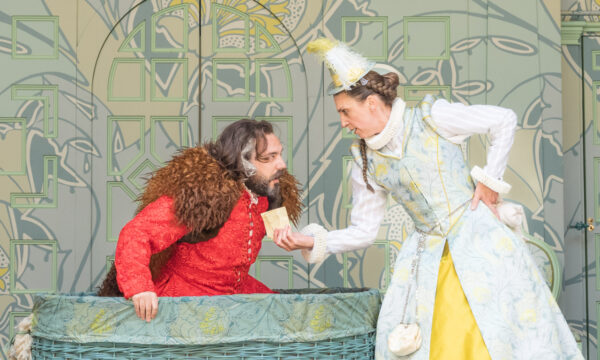
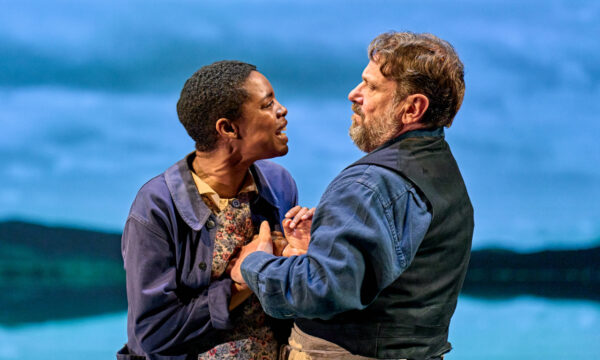
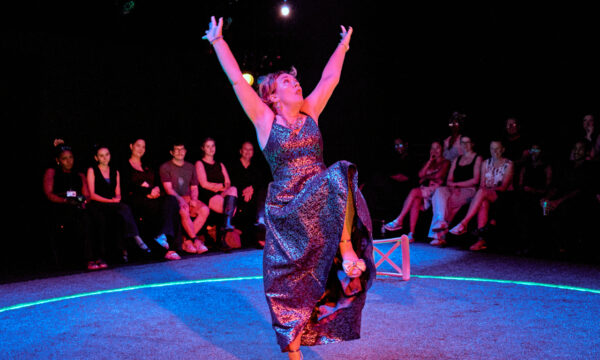
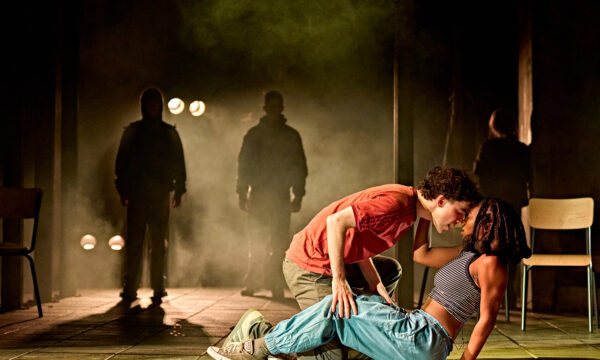
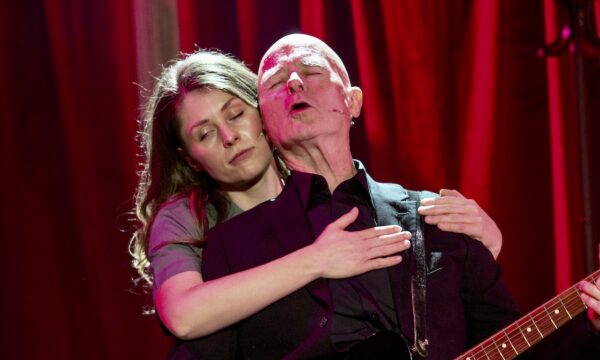
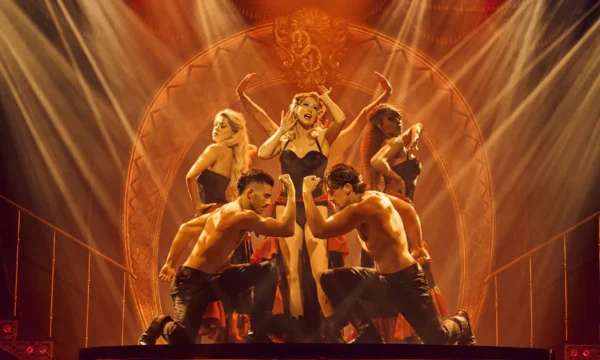
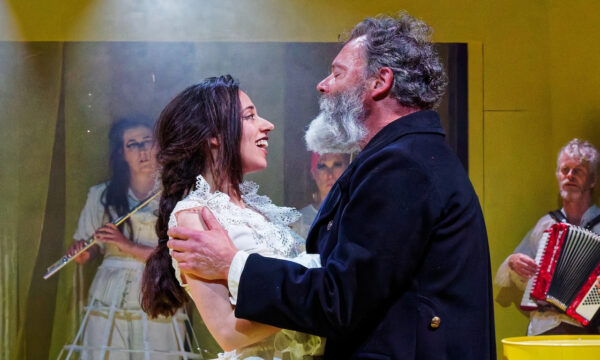
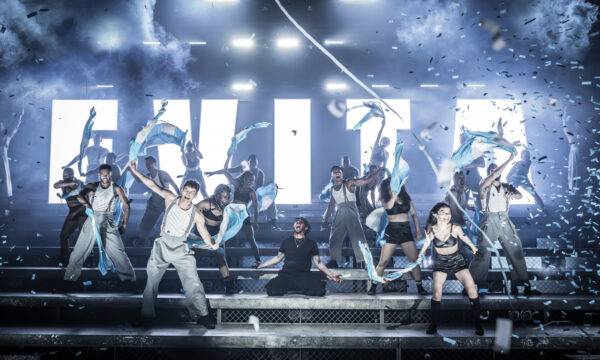
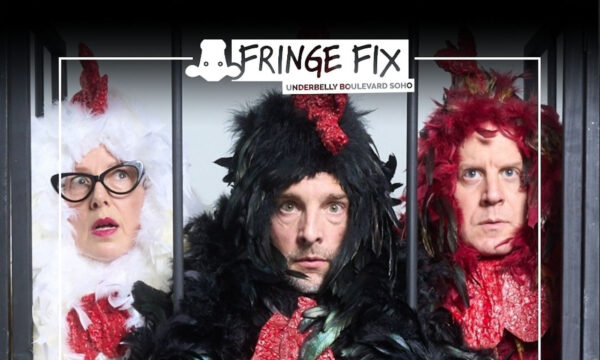

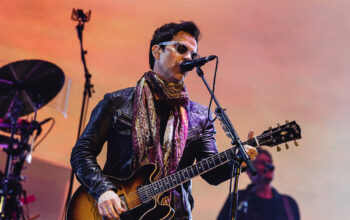

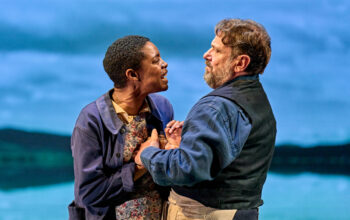
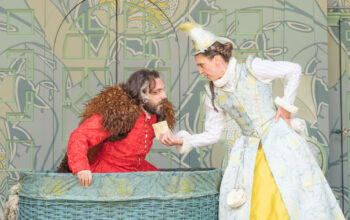
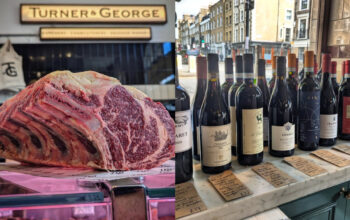
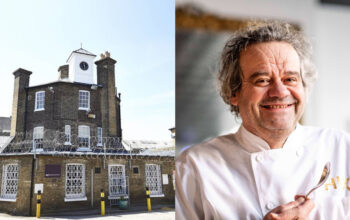
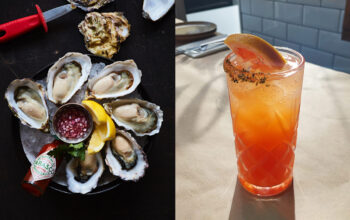
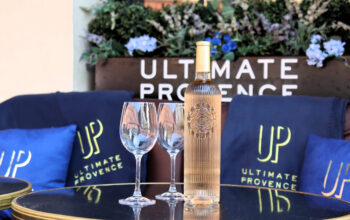
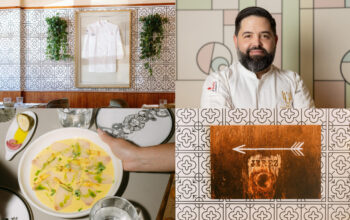
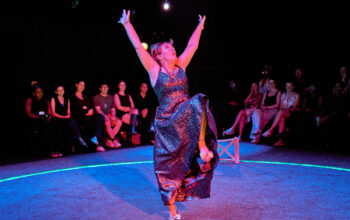


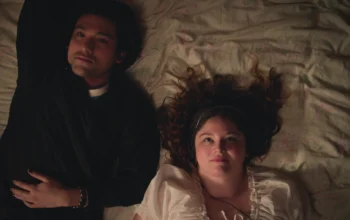
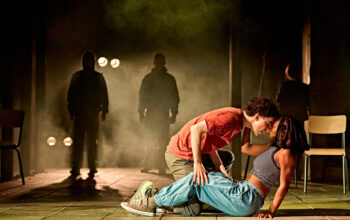
Facebook
Twitter
Instagram
YouTube
RSS